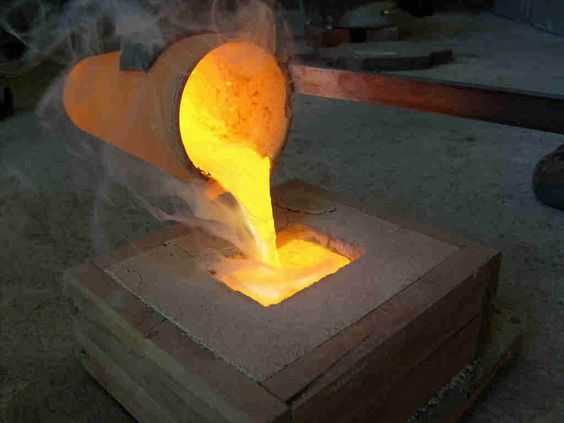China steel casting flanged gate valve body
Generally, the presence of alloys used to increase mechanical performance often make machining more difficult.
Casting is often a valuable means to creating intricate parts used in machine applications where vibration is often a factor. Cast steel typically has a lower damping ability than cast iron, which can lead to excess vibration and noise in the form of ringing or squealing.
Steel casting is more difficult to cast than iron. It has a higher melting point and greater shrinkage rate, which requires consideration during mold design. Risers should be given more capacity to draw from as the metal cools and shrinks. Attention should be paid to the thickness of mold cavities, as thinner areas will cool quicker than thicker areas, which can create internal stress points that can lead to fracture.
Molten steel is also less fluid than molten iron, making it more difficult to pour and fill intricate gaps in a mold cavity. Molten steel is also more likely to react with internal mold surfaces, making for more unpredictable results.

